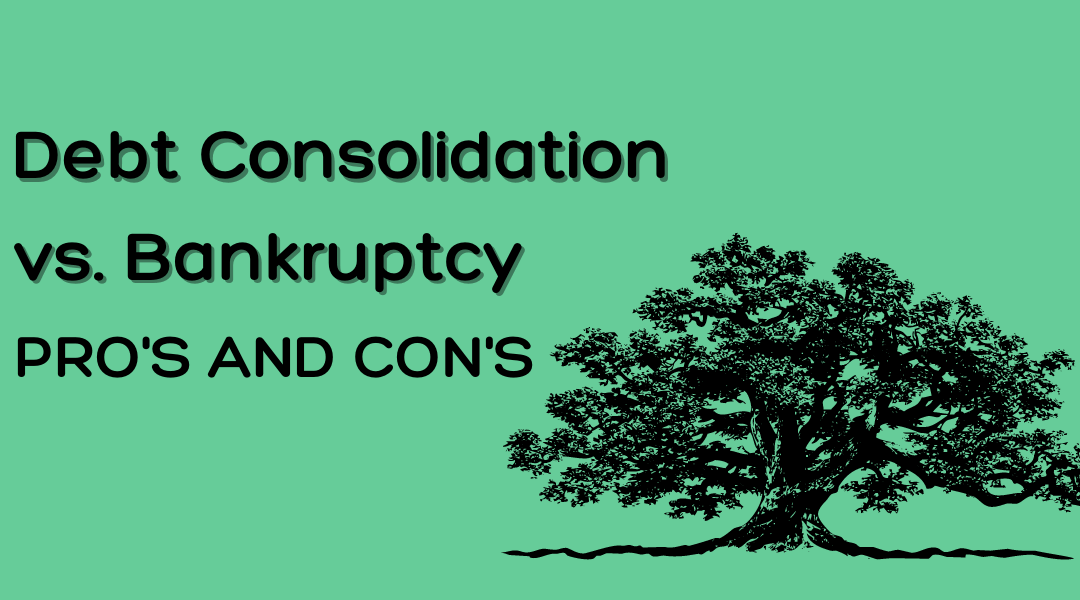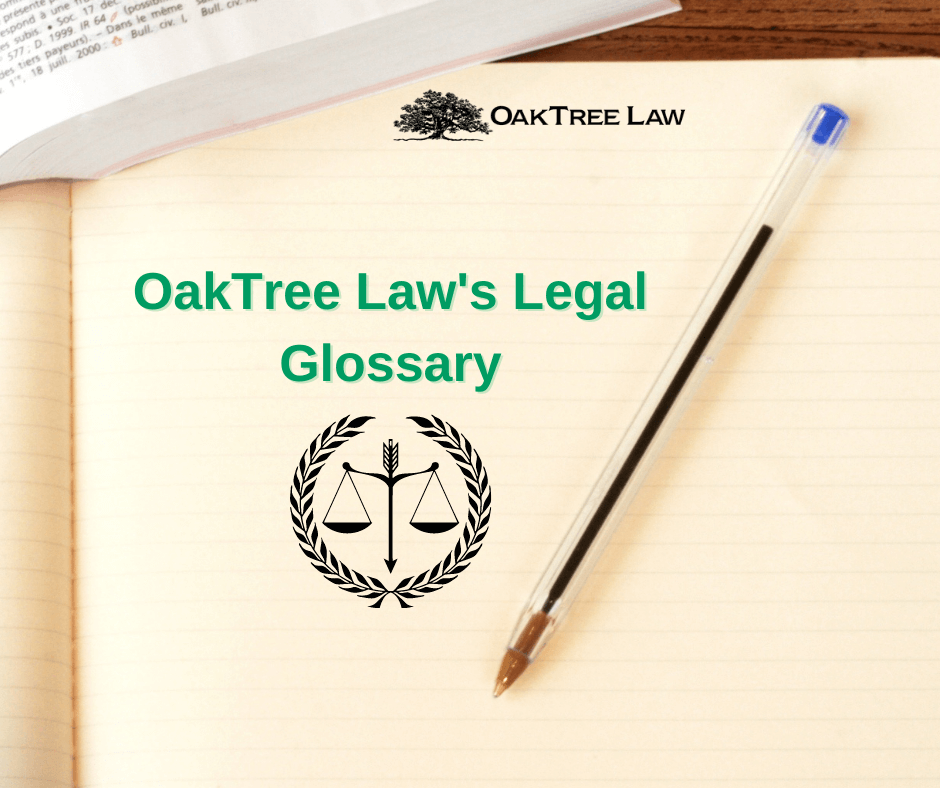Business owners who are unable to repay their debts have the option of filing for small business bankruptcy. Small business bankruptcy is sadly more common than you might think, 22,000 businesses filed for bankruptcy in 2020 alone. Depending on the situation, you can eliminate your SMB’s business debts or set up a repayment plan.
Bankruptcy is always an option if your business is failing. Declaring a small business bankruptcy allows you to quickly close your company down without collecting unpaid invoices, selling inventory, or getting rid of corporate equipment and assets. But if you don’t intend to close, bankruptcy can also help keep your business afloat. Regardless of what brought your business to this point, the options below can help you handle the situation in a positive way.
Know the Best Type of Bankruptcy
When filing for bankruptcy, your business can choose one of the following paths:
- Liquidation: Involves closing the business and dividing assets among creditors.
- Reorganization: Assets and liabilities are reinstated, and arrangements are made to pay back creditors, while business operations continue.
Your bankruptcy options also depend on the type of business you run. Here’s a look at a couple of common business models and the choices that may be available:
As a Sole Proprietor
Sole proprietors are unique in that the individual and business are essentially the same entity. Bank statements, tax returns, and other important documents pertain both to you and your business. In a Chapter 7 bankruptcy, qualifying business and personal debts are discharged. This usually results in the closure of the business (it becomes part of the bankruptcy estate), the trustee can’t force you to work for someone else or prevent you from selling services in the future. You can keep your business if:
- You have liability insurance (some trustees will let you continue in this case).
- The equipment and tools needed to run your business are exempt in your state.
In a Chapter 7 filing, service providers such as freelance writers, accountants, repair contractors, and independent instructors can continue working.
Sole proprietors can also opt to file for Chapter 13 or Chapter 11, Subchapter V (if your debts exceed the limits of a Chapter 13 filing). As long as your cash flow is sufficient to make your monthly payments, your business can continue to operate. You don’t have to give up your property.
To file, you must prove your self-employment income is enough to support the case, and can pay creditors an amount equal to the value of your nonexempt property. If you can’t protect expensive equipment through a bankruptcy exemption and don’t earn enough to pay its value through a repayment plan, Chapter 13 isn’t an option.
As a Small Business Partnership or Corporation
Chapter 7 can help you quickly wind down your business if it has multiple creditors or owns a substantial amount of property. The bankruptcy trustee deals with your assets, so you’re not responsible for selling off any equipment or fixtures, collecting accounts receivable, or handling any other assets. The process is transparent. This means creditors are unlikely to claim fraud or blame stakeholders for any wrongdoing.
However, a partnership or corporation won’t receive a debt discharge, and creditors can still collect from individuals, like small business partners, who have personal liability for a company. A more effective strategy is to close your business and then file for a personal Chapter 7 bankruptcy.
Only individuals and sole proprietors can file for Chapter 13. But Chapter 11 is an option that can allow companies to operate and continue to pay debt. This option used to be cost prohibitive for many small businesses, but Chapter 11, Subchapter V provides a small business bankruptcy option that allows them to restructure debt similar to Chapter 13. It was created with the Small Business Reorganization Act (SBRA) introduced in 2020, which allows companies to spend less time and resources filing for bankruptcy.
Work with a Small Business Bankruptcy Attorney
Oak Tree Law provides bankruptcy services to clients in the Los Angeles area. If your small business owes a substantial amount of debt, we can help find an option that works for you. Our goal is to make bankruptcy a positive and beneficial solution. There are risks, but a legal professional can manage the process in a more secure way than if you were to go it alone. Our Los Angeles bankruptcy attorney is here to help. Call 888-348-2609 or request your free consultation online.







